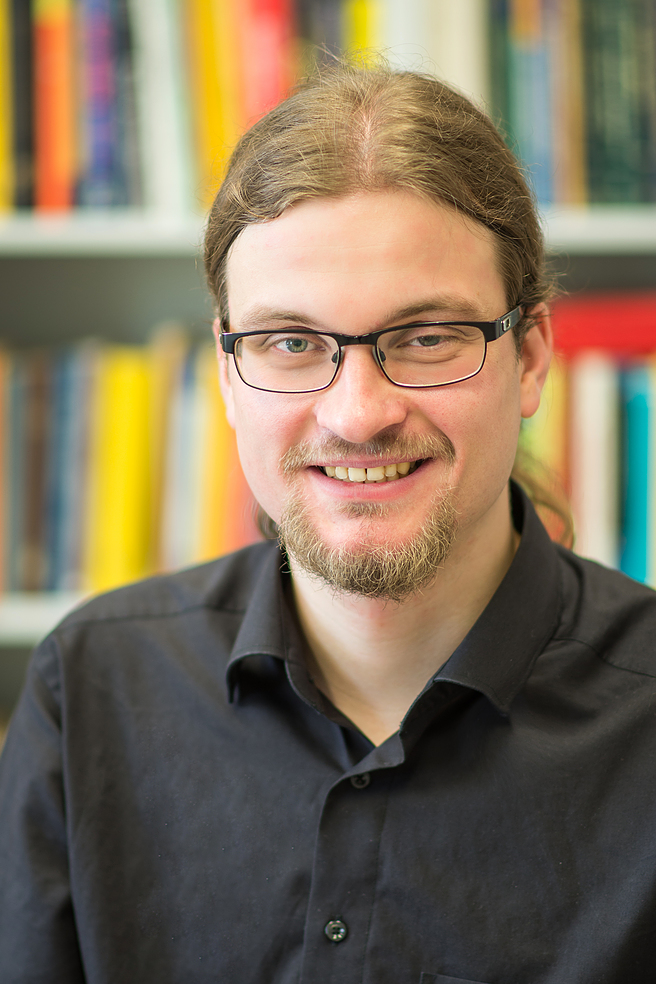What is the topic of your Ph.D. thesis?
The working title of my thesis is “Hybrid kinetic/MHD modeling of plasma response to 3D magnetic perturbations in tokamaks.”
What is the focus of research?
The overarching project in our research group is to develop an accurate and efficient model of quasi-steady equilibria with 3D magnetic perturbations. Kinetic theory offers a more complete description of the occurring phenomena than magnetohydrodynamics (MHD) but is computationally much more expensive. My task is to compare the results of these different models and to develop a coupling scheme so that the kinetic model can be replaced by the MHD model in regions where the accuracy of the latter is sufficient, thus decreasing computation time.
What is the benefit for fusion research?
We investigate the effects of resonant magnetic perturbations which can be used for mitigation of edge-localized modes (ELMs) in tokamaks. These are an important class of instabilities seen in tokamaks operating in H-mode, which will be the case with ITER. The transient heat loads produced by ELMs degrade the plasma-facing materials, thereby reducing the lifetime of wall and divertor elements. A solution to this problem is deemed to be outside the reach of materials science and thus has to be solved by plasma physics.
What are the biggest challenges?
At the current stage, I am comparing the results of our MHD code to results of other codes. Interpreting the data, the following question often arises: Are differences a consequence of the necessary approximations in the underlying model or can the numerical methods still be improved?
Also, most methods are sensitive to noise in the input data and experimental data are often fraught with high uncertainty.
Which plans do you have for your future? What will you do in 5 years? Would you like to continue research or are you going to work in industry?
At this point it is hard to say, but if my PhD works out well and the opportunity arises, I would definitely consider continuing in fusion research, possibly also abroad.
What was your motivation to write a fusion relevant Ph.D. thesis? What is fascinating about nuclear fusion?
Fusion power as a safer alternative to conventional nuclear power could be an answer to many questions regarding energy consumption and the impacts of climate change. In my opinion, working towards such a goal provides an entirely different kind of motivation. Also, when DEMO is projected to run, it will have involved about a century of research. I find it fascinating to see such a long-term effort unfold and I hope I can contribute a small part to this impressive large-scale international cooperation.
